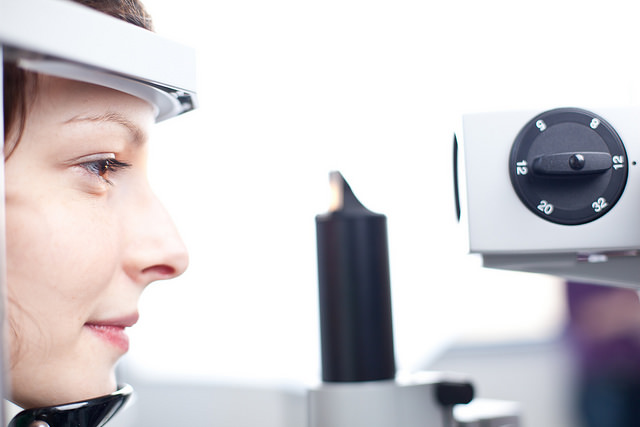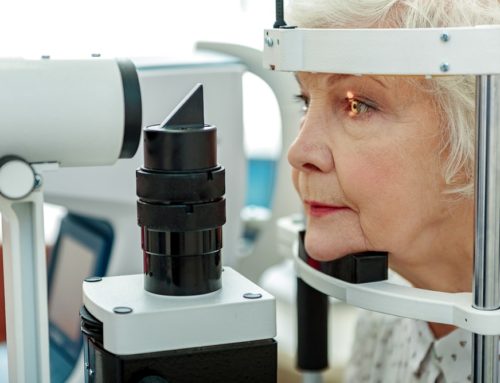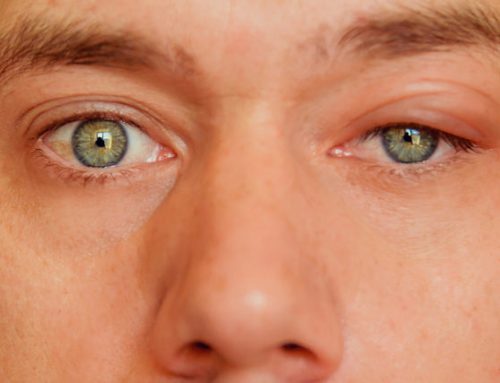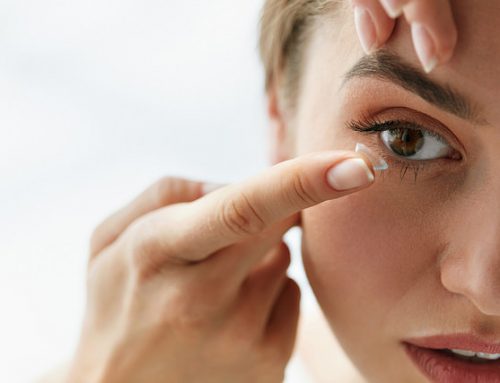What kind of doctor should I see for puffy eyes?
Most of us have experienced puffy eyes at some time. In many cases the cause is clear; late nights at the office hunched over a screen in less than perfect lighting, parties and over-indulgence or too many late nights. In some cases even with good rest, nutrition and screen use puffy eyes are still a problem.
If you experience puffy eyes, you may have an eye condition called blepharitis. Blepharitis is a very common condition and the main cause of visits to an ophthalmologist in the developed world. Blepharitis affects the rims of our eyelids.
In both the upper and lower eyelids there are 50-80 oil glands that release oil into our tears. The oil makes our tears ‘good quality’ allowing them to moisturise and nourish the surface. In blepharitis, the oil glands become clogged up and blocked. This means that the oil builds up in each of the 50-80 tunnels in the eyelids causing them to become swollen or puffy. The tears are also deficient in oil as it is no longer released in sufficient quantities. This makes our eyes sore and can blur the vision.
Good vision depends on a clear window at the front of the eye and when the window is not moisturised well our vision deteriorates. Blepharitis, like dry skin or dry flaky scalp, can be managed and improved. An individual treatment plan using clinic-based and home treatments are needed and an ophthalmologist can be the best doctor to advise you if you have already tried some over the counter treatments.
Don’t be miserable with blepharitis. There is a staircase of treatment and a thorough examination of the eye and tear film is the first step to making your eyes look and feel better.
More about Laura Crawley
Ms Laura Crawley is a Consultant Ophthalmologist at Clinica London, Imperial College Western Eye Hospital, and The London Clinic. Her special expertise is in treating glaucoma patients as well as patients with glaucoma and cataracts. She has a lot of experience in treating glaucoma and has published extensively in scientific journals and on medical education. She still does a lot of emergency operations at the emergency department at the Charing Cross and Western Eye Hospitals for the NHS. At Clinica London, she is responsible for glaucoma patients and glaucoma patients with cataracts. She also sees patients with general eye problems.








Leave A Comment